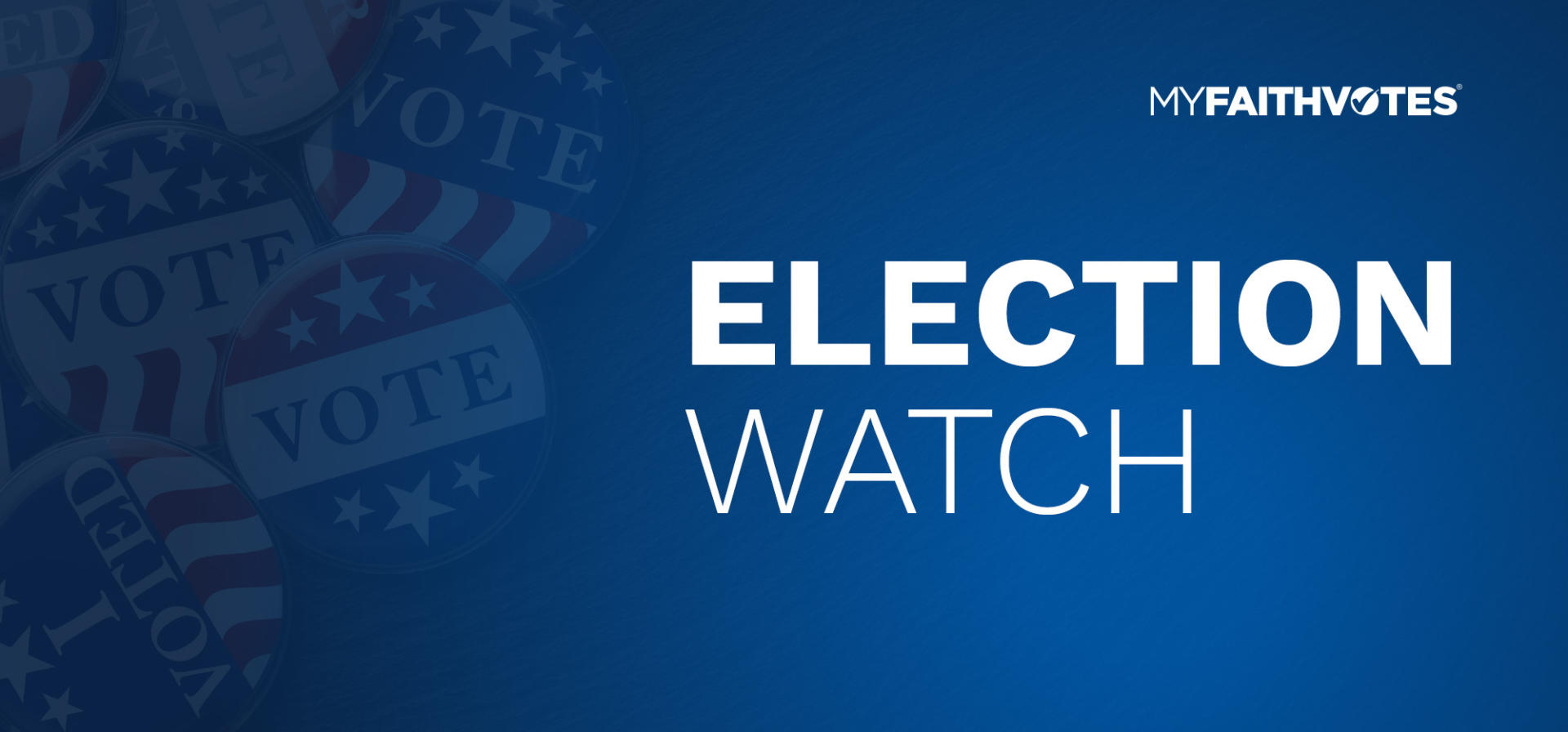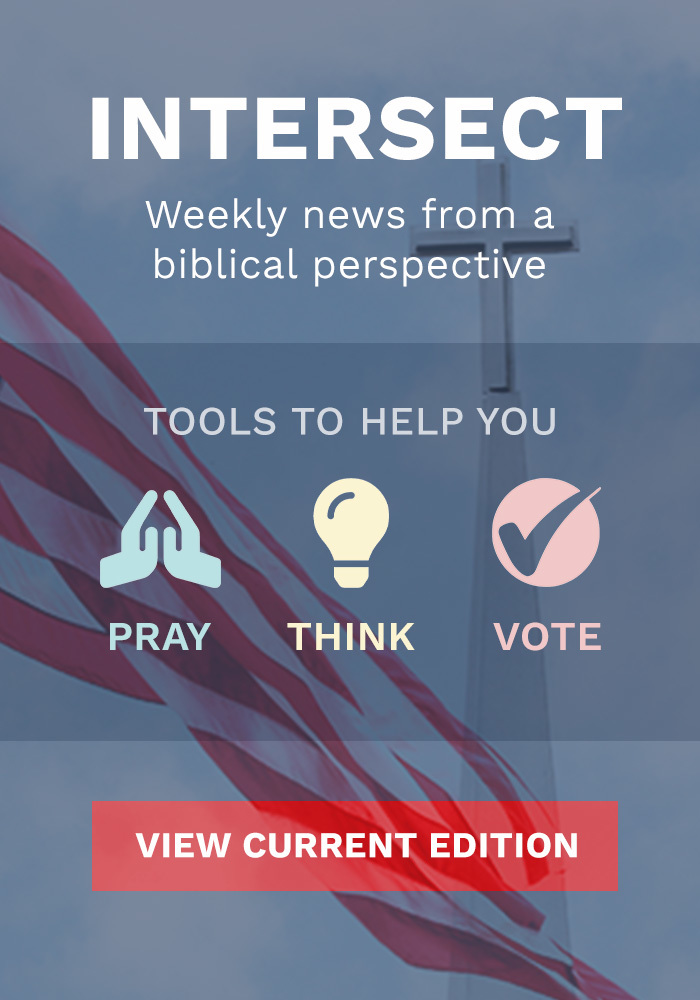
Election Watch - May 12, 2020
A Bellwether Special Election, and COVID’s Influence on Voting
At this time of year, everyone is looking for hints at how the electorate might swing in November. One such reading was via a May 12 special election in California to replace Katie Hill, the congresswoman who resigned last year amidst a sex scandal. The seat had been held by Republicans for many years, but the district went for Hillary Clinton over Trump in 2016 and the seat was claimed by the Democrats in the 2018 political wave that swept California.
Congresswoman Hill benefited from that wave, but also might have been helped by an energetic door-to-door campaign that turned out her voters. Now, with COVID-19 keeping people home, that in-person campaigning isn’t happening.
In fact, all the campaigns look very different right now. No town-halls, no door knocking, no shaking hands at the county fair, and no $500/plate fundraisers. This is likely to carry on throughout the summer and fall season, at least to some degree. Will this benefit one party over another? It’s hard to tell, but with politicos searching for any edge they can find, eyes are turned to the race in Southern California for a clue.
One thing that both parties hold to be generally true is that Republicans do better when turnout is lower. Even in mail-in elections, the most engaged and motivated voters tend to vote Republican. There are exceptions (the 2016 election of President Trump was a high turnout election), but generally speaking, Democrats are most optimistic about their chances when their get-out-the-vote efforts are in full swing, and turnout is high.
How will this play in November? Will there still be stay-at-home orders around the country? Or more likely, if blue states have tighter restrictions than red states, will that suppress the local turnout and favor the Republican candidates there? These questions are certainly being asked by every political group in the nation.
Meanwhile, in the high-stakes California race, both Barack Obama and Hillary Clinton voiced support for Democrat Assemblywoman Christy Smith, while Donald Trump tweeted out encouragement for Republican and former Navy pilot Mike Garcia. The race was conducted almost entirely via mail-in ballots, though there were a few polling places open on election day. California is notoriously slow at counting, often taking days or even weeks to declare a winner for a close election, as the mail-in ballots trickle in.
But as of late on election night, May 12, it appeared that Mike Garcia had won back the seat for the Republicans with a substantial lead.
The gain is only temporary for now. Because it’s a special election, the seat is back up for a vote in November along with all the other house seats in the nation. The same two candidates will face off again then.
COVID-19 is affecting other parts of the election as well, including right at the top of the ballot. Donald Trump loves his big rallies, but they aren’t happening. Meanwhile, it seems to me that Joe Biden is the forgotten man. He, of course, isn’t out campaigning either and has to settle for video chats with the media. I can’t help but wonder, if Biden’s health is indeed flagging as many suspect, if the less rigorous campaign schedule isn’t actually a plus for him. Less speaking, more rest may be just what he needs. On the other hand, as Biden sees Trump still appear daily on television, I can’t imagine the “let’s make sure no one is thinking about me” strategy is one he is too happy about.
Perhaps the biggest effect that COVID-19 will have is on local elections, and how voters think their governors, mayors, and county commissioners handled the crisis. By November, there will be a lot of data to go off. As a case in point, while much of the country begins the process of reopening, the three west coast states (WA, OR, and CA) still have among the strictest stay-at-home orders in the country. This is having a devastating effect on their economies, with little chance of a quick bounce back if businesses remain locked down.
Those three governors know the grim budgets that will result. They are looking at massive budget cuts and layoffs, unlike anything seen in our lifetimes. They will be tempted to raise taxes, but would face a voter rebellion and a flight of business from the state if they do. Every option seems bad. So they, along with the governors of Colorado and Nevada, are asking for $1 trillion from the federal government to make up for the lost revenues and help them avoid what the Oregon governor called “impossible decisions.”
The question I have, and they don’t address, is where would this money actually come from? Washington DC doesn’t have an extra trillion lying around, so in order to give it to the western states, they would have to take it from somewhere else. Will they try to take it from the states that are opening up and beginning to produce more revenue? That hardly seems fair, especially when you consider that those states have been hit about the same by COVID-19.
Would this be proposed as a loan instead? If so, who would pay it back and how would the states raise the trillion dollars to do so? And even if it’s a loan, how do they get the cash to loan it in the first place? Just by printing more money? On top of the record deficit payouts already made in the past month, that’s tough to swallow.
At a glance the idea sounds great -- we don’t want to go back to work, and we want a trillion dollars. Yeah, sign me up for that too. But in the real world, the only way to get a trillion dollars is through a lot of very productive work, and that can’t happen if people stay home not working. Not even Washington DC can simply produce wealth from nothing.
Different political actions are likely to bring different results, with potentially dire consequences -- more COVID deaths, a destroyed economy, reduced personal freedoms, etc. -- which means in a few months the wisdom with which the various states approached this whole crisis might start to become clear. The voters will weigh the results, and reward or punish politicians accordingly.
Meantime, more primaries are approaching. Oregon will be casting ballots on May 19, and Hawaii three days later. Voting day is June 2 for eight states plus the District of Columbia; five of those states had planned the primary for earlier but postponed it to this day due to Coronavirus concerns. So far, all the June 2 elections are still on. You can check the Voting Assistance Center for the latest information on your state’s primary here. You can also view the states with changes to their elections here.
Elections, both in running as candidates and voting, are the best chances we have to exercise our responsibility to lead our nation. Stay informed and don’t forget to vote.
Caleb Backholm is a married father of three and a small business owner. A “political nerd” since childhood, he first started publishing social and political news commentaries in the Jr. High school newspaper and has been writing ever since. He attended Northwestern College in St. Paul, MN where he studied Broadcast Communications, Biblical Studies, and History. Originally from Washington State, he currently lives in Ft. Worth, Texas and is a student at Southwestern Seminary. Caleb can be reached at calebbackholm@gmail.com.
###
My Faith Votes— is a ministry that motivates, equips, and activates Christians in America to vote in every election, transforming our communities and influencing our nation with biblical truth. An estimated 25 million Christians who are registered to vote, fail to vote in presidential elections. My Faith Votes is on a mission to change this statistic by helping Christians act on their faith and vote in every election. When we pray unceasingly for our nation, think biblically about the issues, and vote consistently in every election the impact of Christians taking action from the local to the state and federal level will be unprecedented.
Website | www.myfaithvotes.org Twitter | @MyFaithVotes Facebook | My Faith Votes

 TV
TV